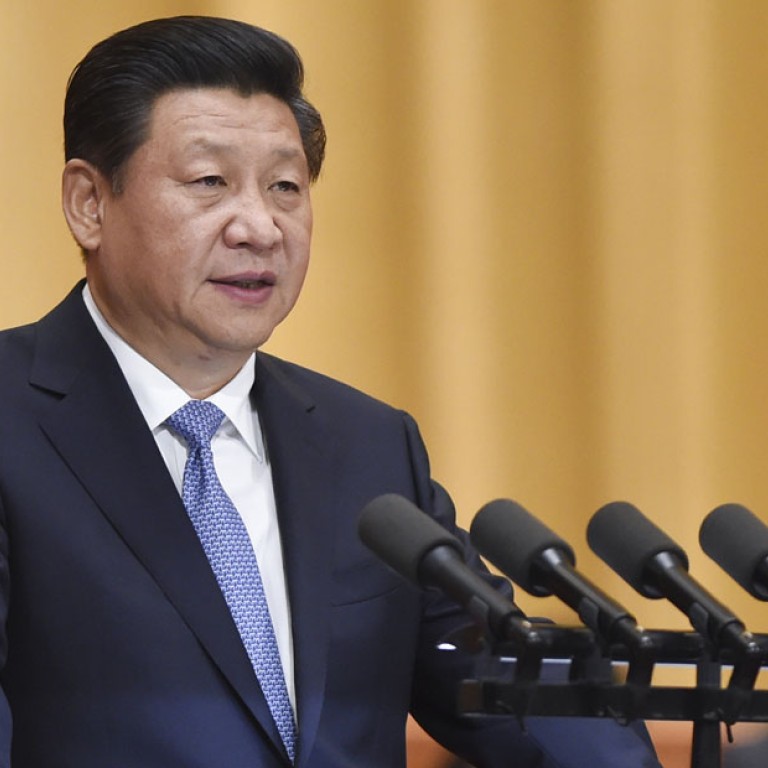
Xi Jinping's recollections of sent-down youth burnish man-of-people image
Interview from 2004 creates a stir online as president recounts his Cultural Revolution experience as one of the "sent-down youth"
The Cultural Revolution era phrase "sent-down youth" () still resonates with many mainland families touched by the campaign that saw millions of young city dwellers sent to the hinterlands to be "re-educated by the peasants". Now it has become an online buzzword following the release of an interview President Xi Jinping gave a decade ago about his teenage years in rural Yanan, Shaanxi province, from 1969 to 1975.
In the 2004 interview, Xi recounts how he adjusted to the rough-hewn ways and coarse meals of the people of the barren Loess Plateau during Mao Zedong's "Up to the mountains and down to the countryside" movement.
The video has become a publicity coup for the president, on par with the approval lavished on him after he queued up at one of the capital's steamed bun shops in December and visited one of its storied on a particularly smoggy day in February.
Commentators regard Xi's sent-down years as a rite of passage that helped hone his qualities as the nation's leader. Xi himself has invoked the period on several recent occasions, including this year's National People's Congress session and during regional inspection tours.
In books, reports and photos, several leaders have retold their experiences during the period of tumult and relocation, including Premier Li Keqiang and Wang Qishan, chief of the Central Commission for Discipline Inspection, the party's top disciplinarian.
Xi sits atop the so-called "fifth generation" of leaders, the post-1949 generation that came of age during the Cultural Revolution.
They experienced the same key historical events during their adolescence. Many grew up as poverty-stricken children and witnessed the famine caused by Mao's disastrous policies.
Still in their teens, most saw their schools closed and their teachers hounded as the attack on the "Four Olds" (ideas, customs, culture and habits) wreaked havoc across the land.
Many remember those years with a deep-seated bitterness that only those who have lived through upheaval and trauma could begin to fathom.
Mao's Great Proletarian Cultural Revolution left an entire generation damaged and at a serious disadvantage. Many sent-down youth still credit it with destroying their lives.
But mindful of history, some are less inclined to damn an entire episode that was not without idealistic motivation.
Xi's interview, for instance, comes amid a marked nostalgia for the Mao era and a revival of the leftist school of thought. It also comes as hopes have been placed high on the country's new generation of leaders - those charged with carrying out the renewal and rejuvenation the president has promised.
Most of the current leadership, including Xi and five of the six other members of the Politburo Standing Committee, belong to this generation, as do many provincial bosses and ministers - men for the most part at the pinnacle of their political lives. A person must taste the bitter before they can savour the sweet, so the saying goes, and no generation in China knows this better than the one now in power. Will their experience make them more sensitive to the plight of ordinary people and give them a realistic view of the state of the country? As Xi notes in his interview, his sent-down experience taught him about life; he is pragmatic, thrifty, and a man of enormous power who maintains a bond with common folk, the rough-hewn people of the Loess Plateau. Hagiography aside, however, Xi remains an enigma.
Throughout China's history, an enlightened emperor was thought to herald a period of economic and cultural prosperity, when the kingdom was characterised by social cohesion. By painting a picture of himself as a "man of the people", Xi will be hoping he can convince the nation his reign will bring the same.

